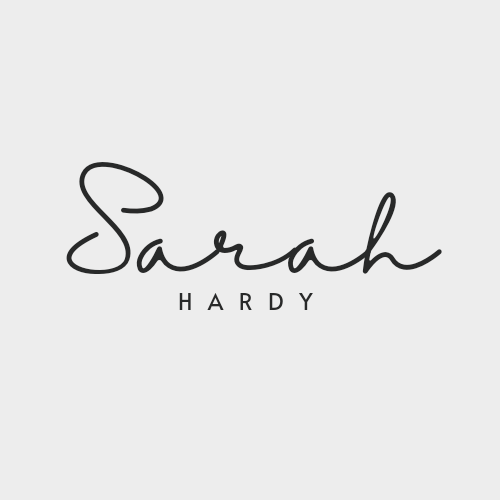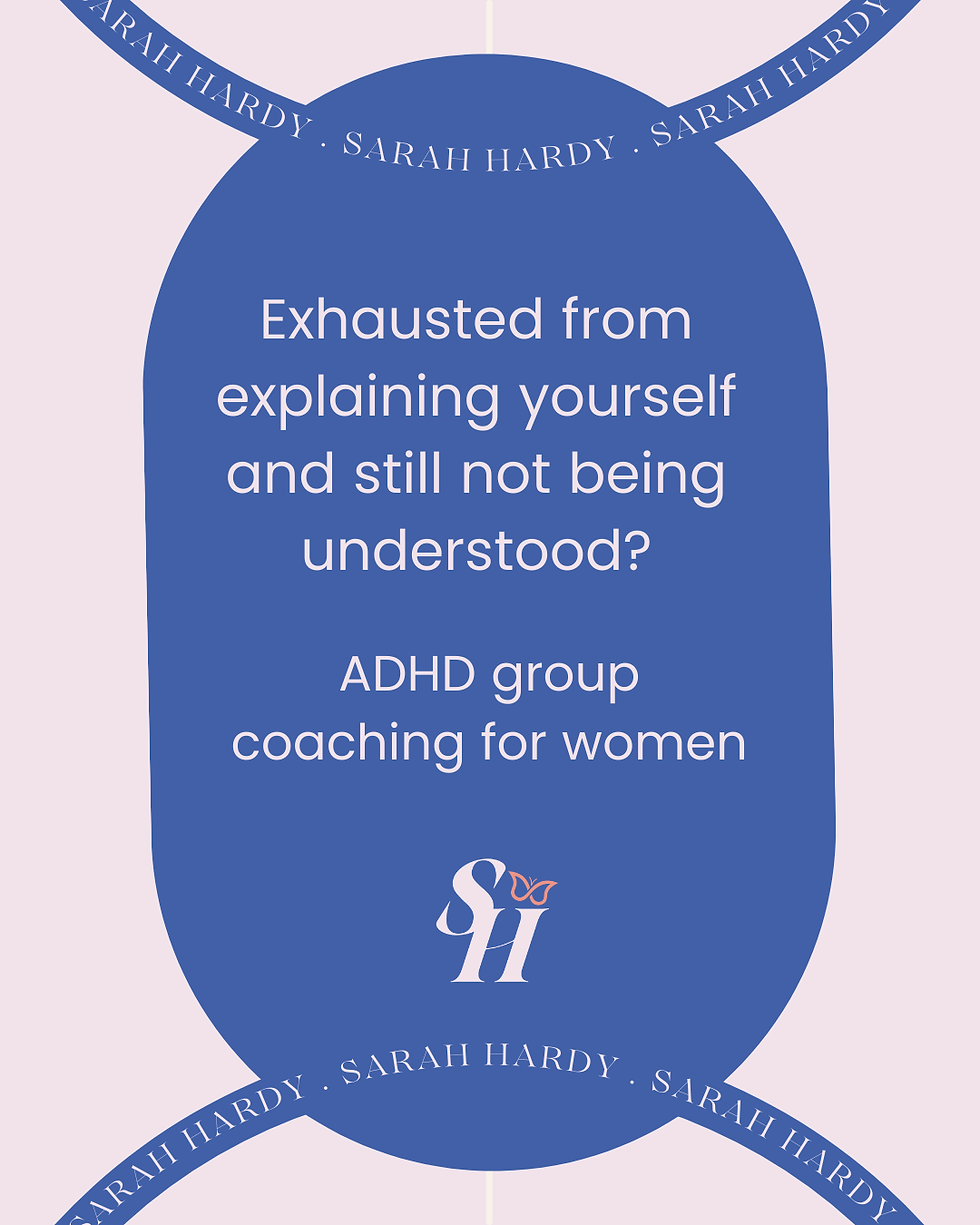What ADHD Feels Like in Women Who Mask: My ADHD Isn’t Quiet
- Sarah Hardy
- Jun 20, 2025
- 2 min read
If you're searching “Do I have ADHD as a woman?” or wondering why your brain feels so noisy when no one else seems to notice, you're not alone.
ADHD in adult women is often misunderstood. It’s not always hyperactive in the way we expect. But it’s also not always quiet.
As a woman with ADHD, I lived for nearly 35 years undiagnosed and while I looked calm, I felt like I was internally screaming.
Let’s talk about the truth behind ADHD in women, especially the kind that flies under the radar.
Why ADHD in Women Often Goes Unnoticed
Search for "signs of ADHD in boys vs girls" and you’ll find a wave of content comparing boys’ outward hyperactivity to girls’ inward daydreaming. But this comparison doesn’t tell the whole story and it definitely doesn’t help women who feel like their ADHD is anything but quiet.
According to the DSM-5, ADHD is diagnosed in three presentations:
Inattentive
Hyperactive-Impulsive
Combined
Women tend to be diagnosed later and more often with inattentive ADHD but the internal experience can be relentless, loud, and emotionally draining.
My ADHD Was Loud, You Just Couldn’t See It
Here’s what wasn’t visible from the outside:
Racing thoughts at bedtime
Emotional reactivity I couldn’t explain
Paralysis over starting tasks
Messy systems, missed deadlines, and shame
Chronic guilt and burnout from masking
My ADHD wasn’t quiet, it was internal chaos. And if you're nodding right now, you might relate more to this version of ADHD than the childhood stereotypes.
What Are the Signs of ADHD in Adult Women?
These are common (and often missed) signs:
Feeling like your brain never stops
Struggling with time blindness or disorganisation
Emotional sensitivity or rejection sensitivity (RSD)
Overwhelm with day-to-day tasks
Burnout from trying to "keep up"
Many women say, “I didn’t look like I had ADHD, but I always felt different.” If that sounds familiar, you're not imagining it.
ADHD Coaching for Women: Why It Helps
Late-diagnosed women with ADHD often come to me feeling exhausted, frustrated, and unsure how to move forward.
They don’t need more productivity hacks — they need:
Clarity around how their brain works
Compassion for the years they masked
Coaching to build systems that actually work for them
As an ADHD coach who is also late-diagnosed and neurodivergent, I support women to:
Understand their unique version of ADHD
Let go of outdated labels and shame
Build a plan that works to your strengths
You Don’t Have to Do This Alone
You’ve made it this far masking, managing, and overthinking. But real change starts when you understand your brain and stop trying to fix it.
Let’s find strategies that match the way you work. Your ADHD doesn’t have to stay invisible or misunderstood.
Further Reading & References
:
Hinshaw, S. et al. (2022) ADHD in Girls and Women: A Call to Action. Journal of Clinical Child & Adolescent Psychology.
Quinn, P. & Madhoo, M. (2014). A Review of ADHD in Women and Girls. The Primary Care Companion for CNS Disorders.
Gershon, J. (2002). A Meta-Analysis of Gender Differences in ADHD. Journal of Attention Disorders.





Comments